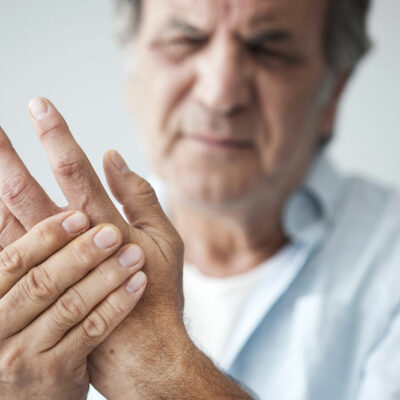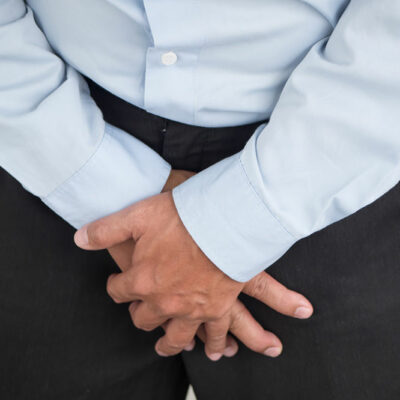
7 Effective Tips to Tackle an Overactive Bladder
If you have an overactive bladder (OAB), then don’t just learn to live with it. Along with medications, there are simple lifestyle changes that can help you lead a quality life without spending most of it in the bathroom! Here are some simple yet effective tips to manage an overactive bladder effectively.
1. Avoid fluids before sleeping
Did you know that your body enters healing mode when you go to sleep? This is why you must try to sleep sound and adequately each night. But an overactive bladder may rob you of that opportunity. The best way to have uninterrupted sleep is to start avoiding fluids after 6 pm. This will help you keep your bladder empty when you go to bed. You can also consider eliminating caffeine from your diet to reduce bathroom trips at night.
2. Plan your toileting routine
While this might appear to be a stretch, setting a toileting routine can help you stay focused on work rather than being disrupted by a sudden urge to pee. You must voluntarily and regularly empty your bladder. This will help you control OAB symptoms.
3. Practise Kegel exercises
You can also do Kegel exercises to strengthen your muscles. They help in minimizing uncontrolled contractions and also refine your posture. Kegel exercises are also one of the best natural therapies for OAB that give reliable results without any side effects if done correctly.
4. Follow an active lifestyle
A sedentary lifestyle can lead to obesity, which is one of the leading causes of OAB. When you have excess weight on your body, it can weaken your bladder muscles, thereby causing leaking. Experts recommend that you perform exercises that strengthen your legs and also stimulate your heart rate. When you have OAB, it is always better to pee before you start working out.
5. Control stress
When you are stressed, it sends your bladder into overdrive, thereby increasing your urge to urinate. However, by using stress-relieving methods, such as meditation and deep breathing, you will be able to control this vicious cycle.
6. Consider bladder training
Train your bladder to empty itself at certain times of the day. You can do that by choosing when to use the bathroom to gradually train your bladder. You can slowly increase the time gap between your bathroom breaks to strengthen your bladder’s capacity.
7. Make dietary changes
Apart from consuming a balanced diet of fiber-rich foods, you can also benefit from removing certain foods that inflame your bladder. Some foods and beverages that cause bladder irritation include tea, coffee, chocolate, spicy foods, and carbonated beverages, among others. Instead, supplement your diet with foods like legumes, vegetables, grains, and non-citrus fruits.
Apart from following these tips, you can also consult a health expert who may recommend suitable treatment options, depending on the severity of your condition.


